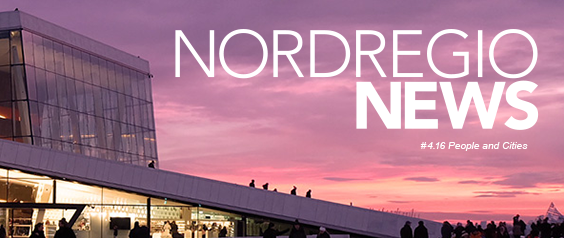Although social housing development is generally declining throughout the EU, homelessness, fuel poverty, and housing shortages remain critical issues across the continent. In addition to this challenge, social housing is generally the least energy-efficient portion of a country’s housing stock, which means that the most vulnerable populations are often unable to experience adequate home environments.
This emphasizes social housing is a particularly important and sensitive issue for greening strategies and means that retrofitting or renovation programs must be designed and implemented that minimize disruptions and costs to tenants as much as possible.
These are issues that lie at the core of the Social Green INTERREG project.
In this context, the Social Green project aims to promote the greening of the social housing sector through mutual learning and development of improved regional policies. It will provide the opportunity to explore green building practices and significantly reduce greenhouse gas emissions through cost-effective means while providing much-needed housing in a healthy and sustainable manner.
Through interregional cooperation, Social Green stakeholder regions will identify, share and transfer innovative methodologies, processes and good practices in developing and implementing greener social housing sector policies, targeting new constructions or retrofitting existing buildings. Social housing and public housing have different roles, definitions and settings in different EU countries, and in some cases, social housing may even include private-owned housing by vulnerable groups.
Over the next four years, the Social Green project will focus on developing regional policies towards greening the social housing sector.
The City of Mizil and Alba Iulia Municipality from Romania and, also, the Portuguese North Regional Coordination and Development Commission, are partners which intend to carry out retrofitting and greening of social housing in their regions.
Furthermore, to ensure the project´s relevance in decision-making and continuation after the project, a political dimension is included in the form of a political board.
The political board consists of relevant political decision-makers from partner countries and will meet throughout the project, to ensure a direct link at the political level within the partner regions.
As a lead partner, Nordregio’s main task will be to supervise the project, create a framework and guidelines for partners who will then implement them while carrying out actual projects in their municipalities.
Nordregio will support and advise the partners throughout the process. Social Green is a continuation of the RE-GREEN project that took place in 2012–2014.
This article is a part of Nordregio News #4.16. Read the full issue here:


